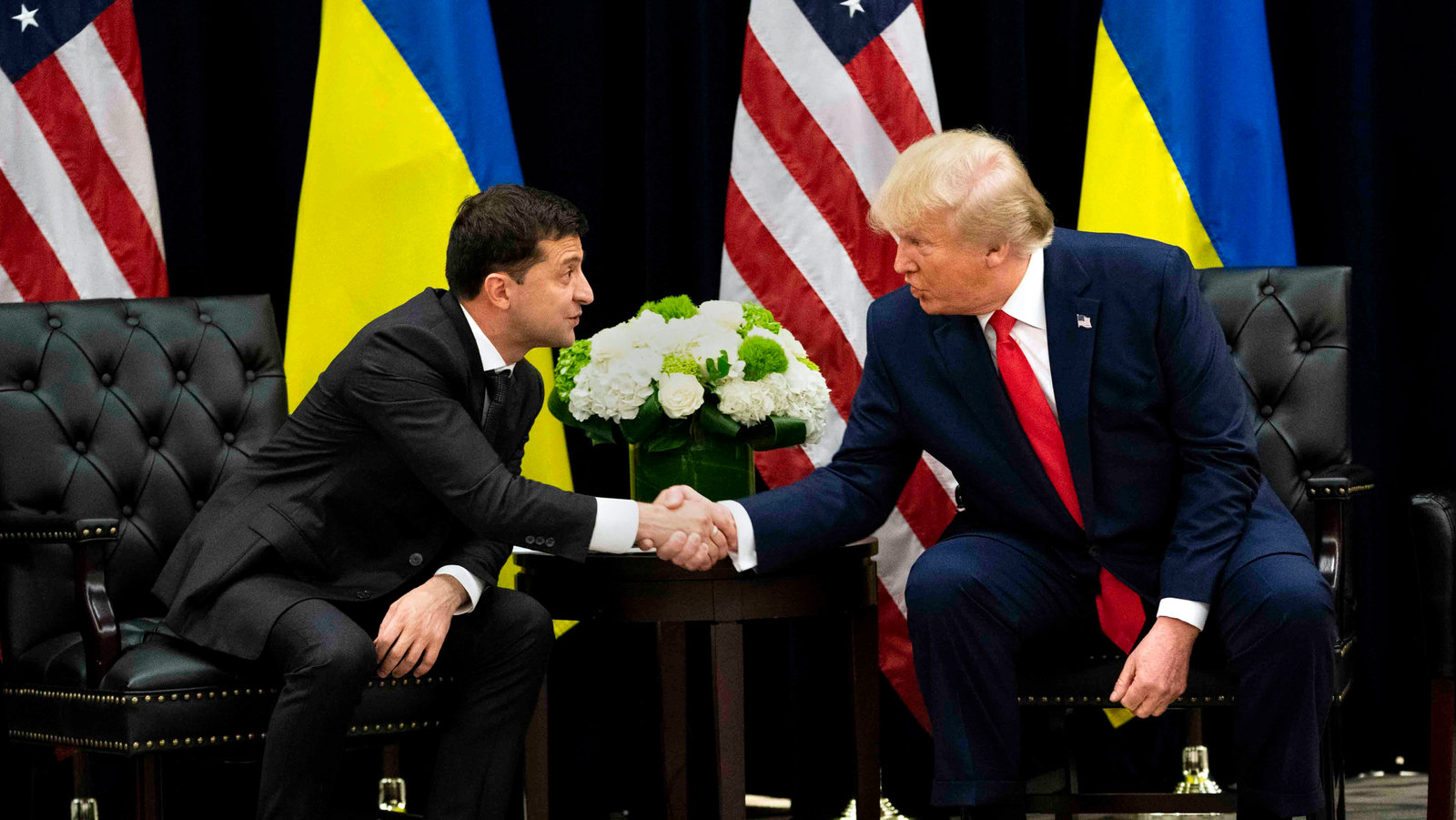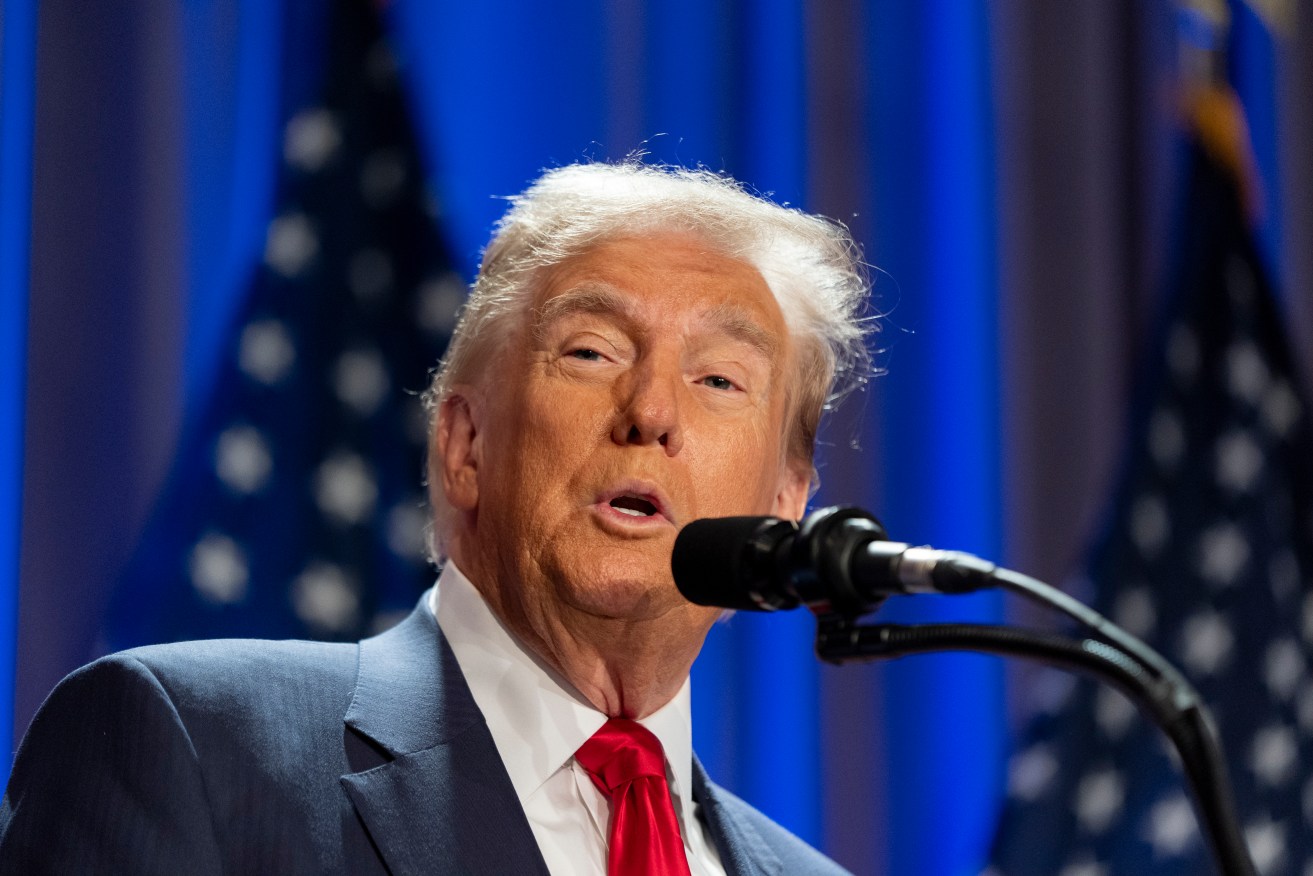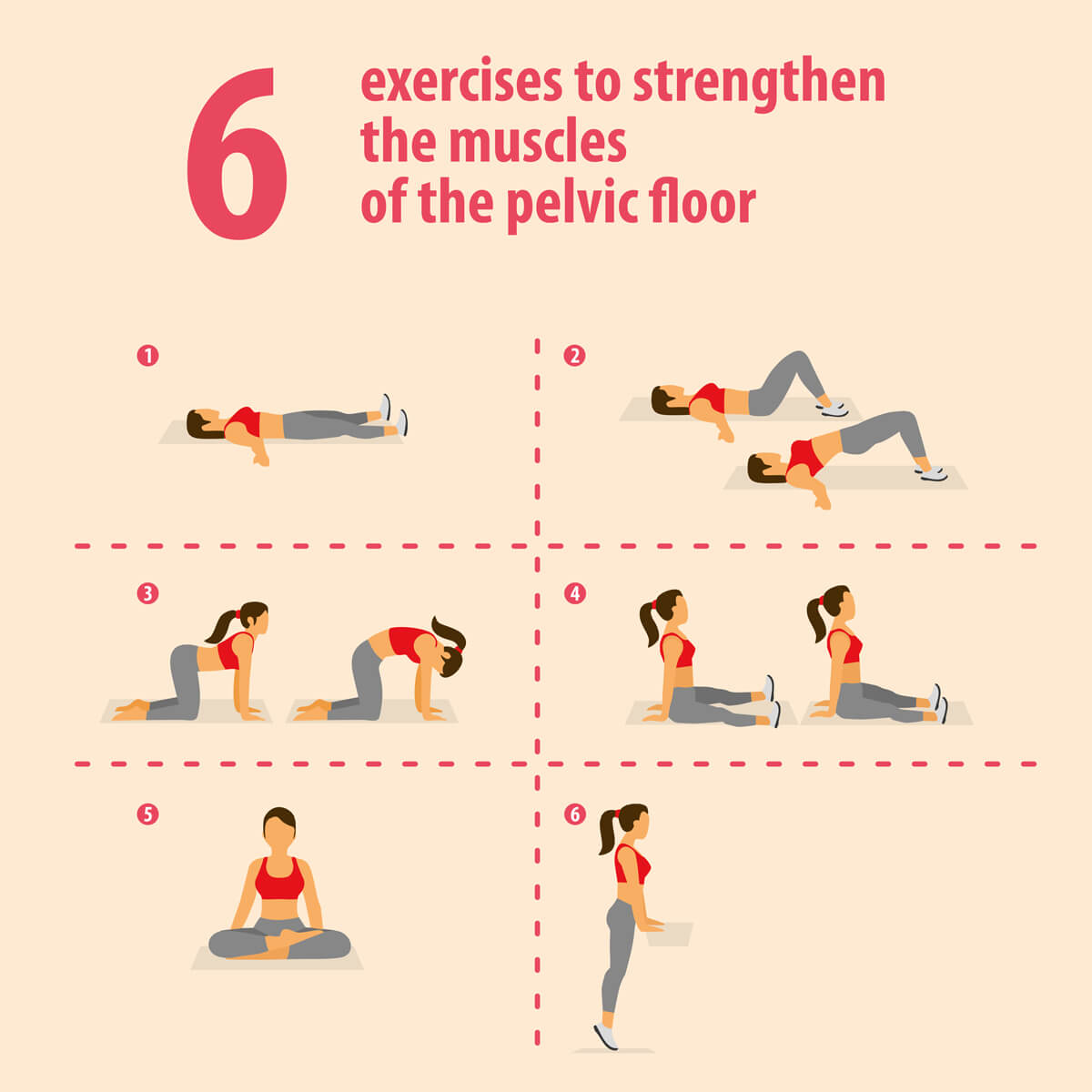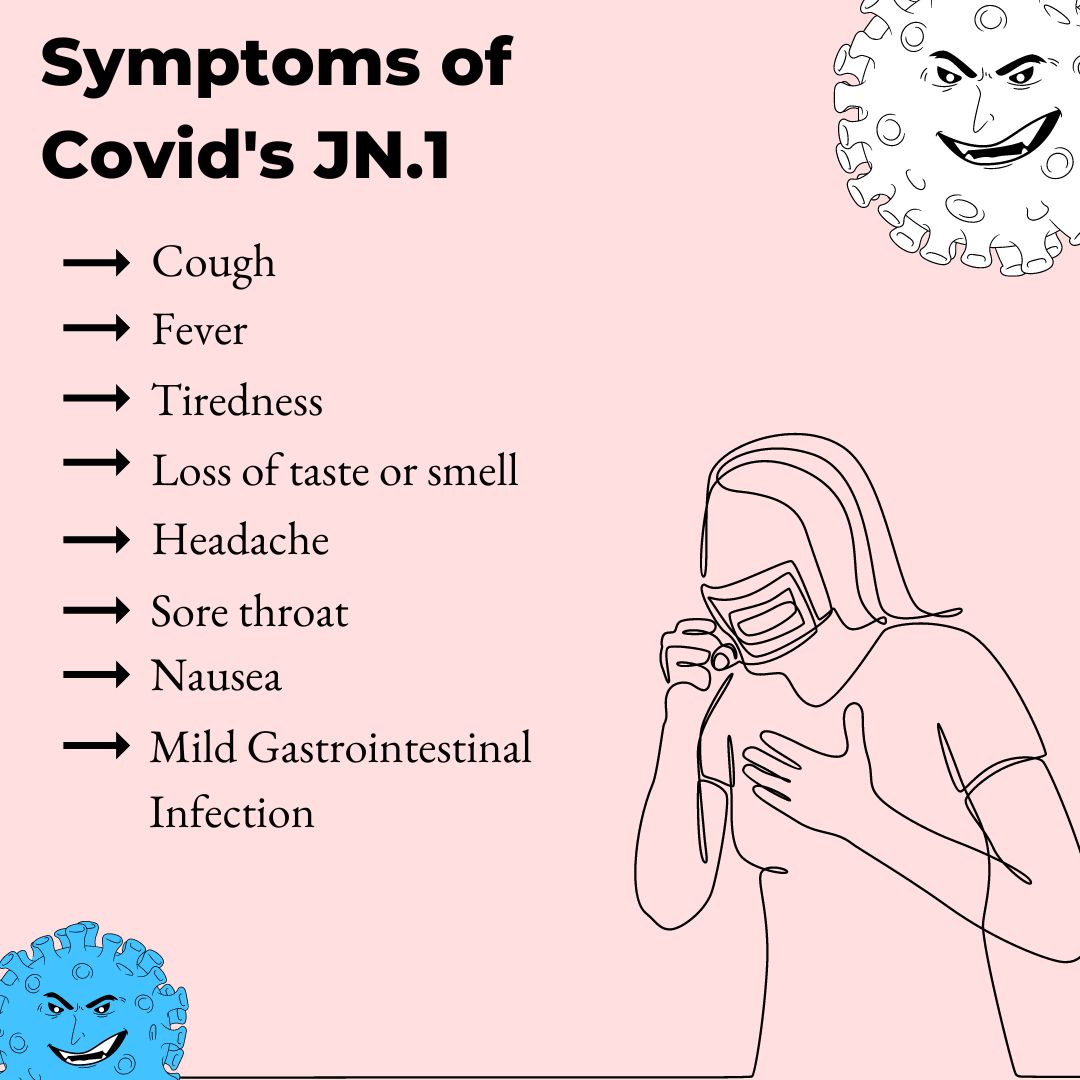Analyzing Trump's Consistent "Two Weeks" Ukraine Resolution Claim

Table of Contents
The Claim's Origin and Repetition
Trump's assertion that he could resolve the Ukraine conflict in a mere fortnight first surfaced during [Insert Date and Location of Initial Claim – cite source]. This wasn't a singular occurrence; he has repeatedly echoed this "two-weeks" timeframe across various platforms. His statements have appeared in rallies, interviews on major news networks such as [List networks and specific interview dates if possible – cite sources], and across his social media accounts. For example, [Insert a direct quote from Trump supporting the "two weeks" claim – cite source]. The consistent repetition reinforces the claim, despite its lack of factual basis.
- Date and location of initial claim: [Insert Date, Location, and Source]
- Key media outlets reporting on the claim: [List Media Outlets and Dates – cite sources]
- Examples of repetition across different platforms: [Provide specific examples with dates and links to sources whenever possible]
Evaluating the Feasibility of a "Two Weeks" Resolution
The notion of resolving the multifaceted Ukraine conflict within two weeks is utterly unrealistic. The conflict’s complexity encompasses extensive geopolitical implications, intricate military strategies, and a devastating humanitarian crisis. Experts in international relations and conflict resolution uniformly reject Trump's 'Two Weeks' Ukraine Resolution Claim. A swift resolution ignores the deeply entrenched historical grievances, ongoing military actions, and the significant diplomatic hurdles that have stalled progress for years.
- Key geopolitical factors impacting the conflict: NATO involvement, Russian territorial ambitions, Western sanctions, and the influence of other global powers all play crucial roles.
- Military aspects that render a two-week resolution improbable: The ongoing military operations, the scale of troop deployments, and the extensive weaponry involved make a quick resolution impossible.
- Expert opinions refuting Trump’s claim: [Include quotes from experts such as analysts from think tanks, academics specializing in international relations or conflict resolution, or former diplomats – cite sources].
The Political Implications of Trump's Claim
The motivations behind Trump's repeated assertions warrant investigation. One theory is that the "two weeks" claim serves as a simplistic and appealing narrative to his base, portraying him as a decisive leader capable of swiftly resolving complex international issues. This simplified approach resonates with voters seeking easy solutions to intricate problems. The impact on public opinion is significant, with the potential to mislead voters and weaken support for more nuanced and realistic diplomatic efforts.
- Political motivations driving the claim: Gaining political support, diverting attention from other issues, or promoting a specific image.
- Impact on Republican voters and party politics: Analyzing how this claim influences the Republican party's stance on foreign policy and the ongoing Ukraine conflict.
- Consequences of accepting an oversimplified narrative on such a complex conflict: Undermining diplomatic efforts, reducing public support for long-term solutions, and potentially escalating the conflict.
Alternative Approaches to Conflict Resolution
Credible pathways to resolving the Ukraine conflict necessitate a multifaceted approach focusing on sustained diplomatic efforts, international cooperation, and addressing the root causes of the conflict. This contrasts sharply with Trump's 'Two Weeks' Ukraine Resolution Claim, which ignores the complexities of the situation. Long-term peacebuilding strategies, including negotiations facilitated by international organizations, are essential for achieving a lasting resolution.
- Key diplomatic initiatives: The Minsk agreements, ongoing negotiations between Ukraine and Russia, and involvement from international bodies.
- International organizations involved: The UN, the EU, and NATO, among others, play significant roles.
- Long-term solutions and peacebuilding strategies: Addressing underlying causes of the conflict, promoting reconciliation, and implementing mechanisms for conflict prevention.
Conclusion: Dissecting Trump's Misleading "Two Weeks" Narrative
In conclusion, Trump's 'Two Weeks' Ukraine Resolution Claim is demonstrably unrealistic and misleading. This article has shown how the statement disregards the complexities of the conflict, contradicts expert opinions, and carries significant political implications. The Ukraine conflict demands a comprehensive and nuanced understanding, far removed from the oversimplification presented in Trump's claim. By critically analyzing Trump's claims about Ukraine, we can collectively work towards a more informed understanding of this complex conflict and promote more realistic and sustainable solutions. We must move beyond simplistic soundbites and focus on understanding the intricacies of Trump's Ukraine resolution statements and evaluating the validity of his "two weeks" claim.

Featured Posts
-
 Wplyw Rozmowy Trumpa I Zelenskiego Na Sytuacje Geopolityczna
May 30, 2025
Wplyw Rozmowy Trumpa I Zelenskiego Na Sytuacje Geopolityczna
May 30, 2025 -
 Ti Na Deite Simera Programma Tileoptikon Metadoseon 12 4
May 30, 2025
Ti Na Deite Simera Programma Tileoptikon Metadoseon 12 4
May 30, 2025 -
 Natural Ingredients For Bladder Control In Women Primera
May 30, 2025
Natural Ingredients For Bladder Control In Women Primera
May 30, 2025 -
 Setlist Fm Y Ticketmaster Una Alianza Para Mejorar La Compra De Entradas
May 30, 2025
Setlist Fm Y Ticketmaster Una Alianza Para Mejorar La Compra De Entradas
May 30, 2025 -
 The Gisele Pelicot Story Hbo Adaptation Of A French Rape Victims Memoir
May 30, 2025
The Gisele Pelicot Story Hbo Adaptation Of A French Rape Victims Memoir
May 30, 2025
Latest Posts
-
 India Covid 19 Alert Following Hong Kong And Singapores Case Explosion
May 31, 2025
India Covid 19 Alert Following Hong Kong And Singapores Case Explosion
May 31, 2025 -
 Understanding The Jn 1 Coronavirus Variant Symptoms Risks And What You Need To Know
May 31, 2025
Understanding The Jn 1 Coronavirus Variant Symptoms Risks And What You Need To Know
May 31, 2025 -
 Covid 19 Resurgence Is India Vulnerable After Hong Kong And Singapore Outbreaks
May 31, 2025
Covid 19 Resurgence Is India Vulnerable After Hong Kong And Singapore Outbreaks
May 31, 2025 -
 Covid 19 Resurgence Understanding The Jn 1 Variant And Its Symptoms
May 31, 2025
Covid 19 Resurgence Understanding The Jn 1 Variant And Its Symptoms
May 31, 2025 -
 The Impact Of A Newly Identified Covid 19 Variant On Global Infection Rates
May 31, 2025
The Impact Of A Newly Identified Covid 19 Variant On Global Infection Rates
May 31, 2025
